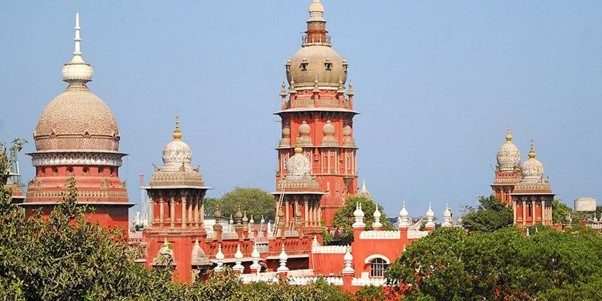Harsh Remarks Of Madras High Court Against IAS
Harsh remarks of Madras High Court against IAS. Court said, who do not obey the court order should be shown the way out.
Reprimanding the IAS officers for not following the orders of the court, the Madras High Court has said that by taking away their status, they should be shown the door outside the government system.
Hearing a case in the High Court, a bench of Justices S Vaidyanathan and R Vijayakumar said, “They are making it clear that the provision of penalty in such cases is going to be secondary while the order of direct deportation will be primary.”
The IAS officers have not followed several orders given by the court regarding the Town and Country Planning Act 1971. Therefore, action is taken against them as per rules.
Therefore, it is warned that the careless officers should follow the orders given earlier by informing the court about the time limit, otherwise be ready to face the court’s action.
The bench said that the officers who do not heed the orders of the court and do not discharge their duties should be shown the door to go out of the government system.
Harsh remarks of Madras High Court against IAS: His IAS officer status should be abolished.
By not following the orders of the court, they are certainly not being honest with their duty.
The bench made these stern observations while dismissing petitions of Greater Chennai Corporation seeking quashing of demolition orders in two cases.
The mother who raised a child has more rights than the mother giving birth: Madras High Court.
On the other hand, on the other hand, recently the Madras HC had said in a judgment that the child cannot be separated from the foster mother after a few days of birth, even if the woman has not given birth to her.
But the mother, father, and other relatives who gave birth to the baby girl will be able to visit her once a week.
Anti-conversion bill passed in Karnataka assembly amid uproar by opposition.
The Karnataka Assembly on Thursday cleared an anti-conversion law amid protests by opposition parties.
Terming it constitutional and legal, Chief Minister Basavaraj Bommai said that its aim is to provide freedom from the dangers of conversion.
Forced conversion will be a cognizable and non-bailable offense. At present, eight states have enacted laws against conversion.




